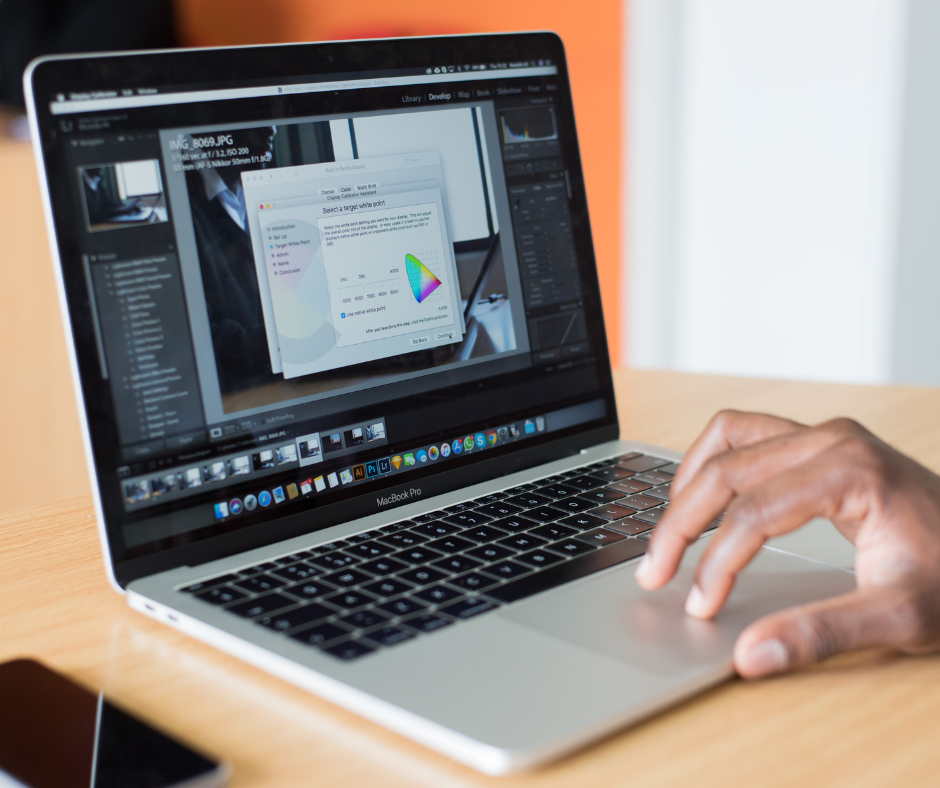The World Campus Learning Design unit is very excited to see the conversation about course delivery unfolding on the World Campus Facebook page. It’s incredibly timely, relevant, and informative!
World Campus students are discussing the various modes of course offerings and content delivery that take place. While some students prefer predominately text-based material enhanced with images and other interactive multimedia, others prefer a more traditional residential style where a recording is provided of the instructor’s lecture.
We’ve just launched a new World Campus website, and as you’ll read on the FAQ page:
Our philosophy for designing online courses: Use the latest technology to best deliver the content in the most flexible way while keeping the technology transparent to you.
We use one centralized platform where you can log into your classroom. There you can get assignments, interact with faculty and peers, reply to message boards, and more.
Our courses are created in partnership with our faculty and our instructional designers to ensure a learning experience that is tailored to the subject matter and the expected learning outcomes. We approach the development of our online courses very seriously, so that they mirror the exact same quality content as you would expect on campus.
There is no such thing as a “typical” cookie-cutter online course at Penn State; each course can look different. For example, a chemistry course’s components will differ from a history course.
If you look across the portfolio of courses offered through the World Campus, you will find a variety of delivery models – including video-based lectures as one strategy. The decision on what type of model to use is based on the nature of the course content, learning outcomes, faculty preference, and technology appropriateness.
Regardless of the primary delivery method, we strive to provide content in multiple formats (for example, providing captions and transcripts for video-based content) so that it not only accommodates personal learning preferences, but also ensures that it is accessible for all of our students.
Again, we’re thrilled to see our students discussing these issues that are so central to the quality educational experiences we are committed to providing!

